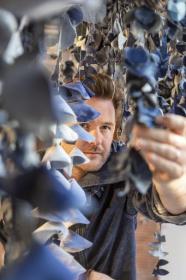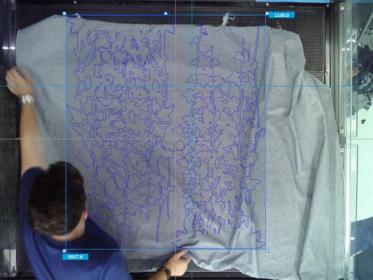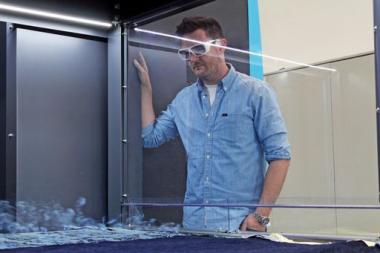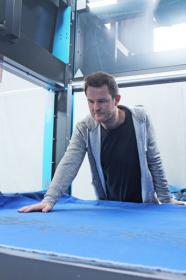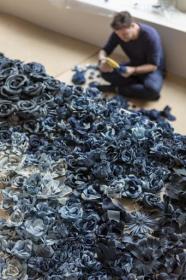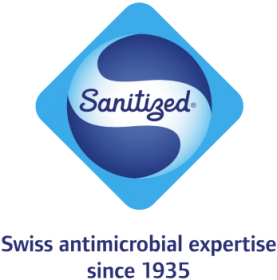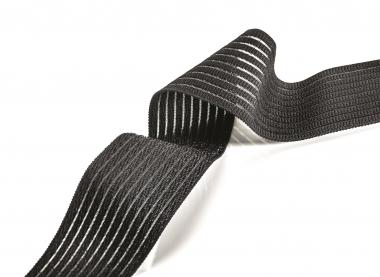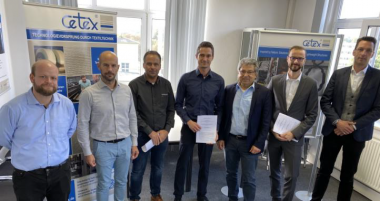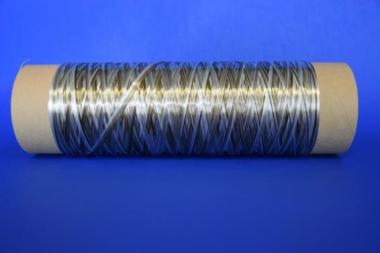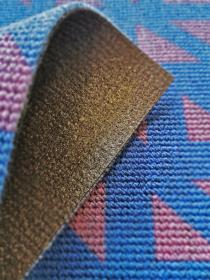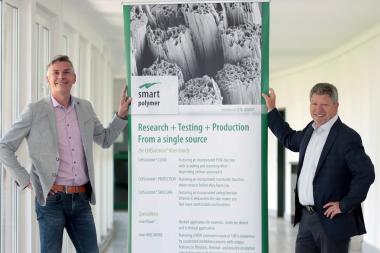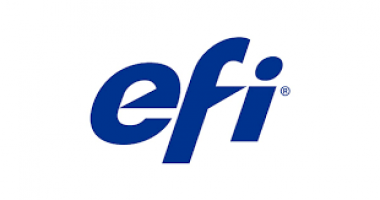VDMA continues technology webtalks
- Technology webtalk on production and packaging technologies for respiratory protection masks
Frankfurt – The next VDMA technology webtalk on 29th October 2020 (2 pm - 4 pm CEST) will focus on production and packaging technologies for respiratory protection masks (FFP- and surgical masks).
The presenters and their topics at a glance:
Heiko Irlbacher, Schott& Meissner Maschinen- und Anlagenbau: “Our new mask production line for foldable masks - completely Made in Germany - is becoming your new key player to produce FFP1 and FFP2 face masks as well as N95 or KN95 standards."
Title of the presentation: “Sophisticated production line for FFP folding masks – Made in Germany”
Timo Kollmann: Hugo Beck Maschinenbau shows different styles and possibilities for packaging masks in film, singlewise or in stacks. Timo will present best practices and delivered machines as well as future concepts.
Title of the presentation: “How to pack respiratory masks in film”
Fabrice Ferretti, ANDRITZ Nonwoven and Textile: "Disposable face masks are now important more than ever. ANDRITZ Diatec has developed a fully automatic, high-speed production line for surgical and FFP disposable face masks. Production speed can reach up to 600 pcs per minute."
Title of the presentation: “Fully-automatic, high-speed-production lines for surgical and FFP masks”
After the presentations, the three experts will be available to answer the participants' questions. Free registration is still possible.
VDMA Webtalks Hugo Beck Maschinenbau ANDRITZ Nonwoven and Textile Schott& Meissner Maschinen- und Anlagenbau
VDMA e. V. Textilmaschinen





